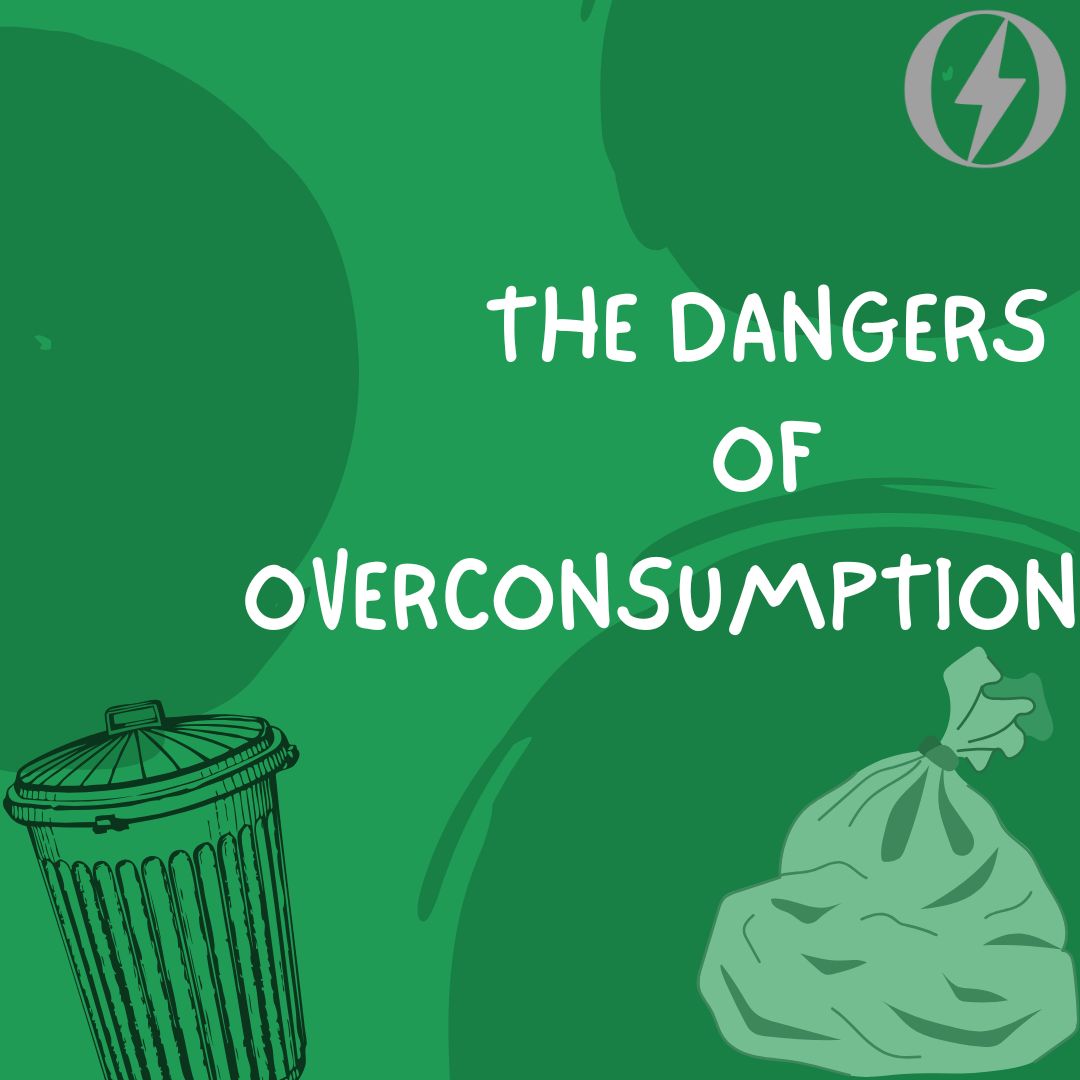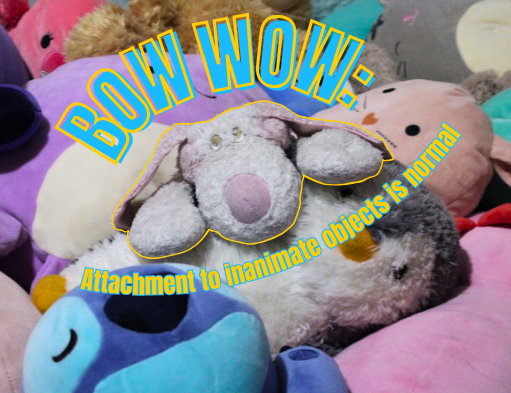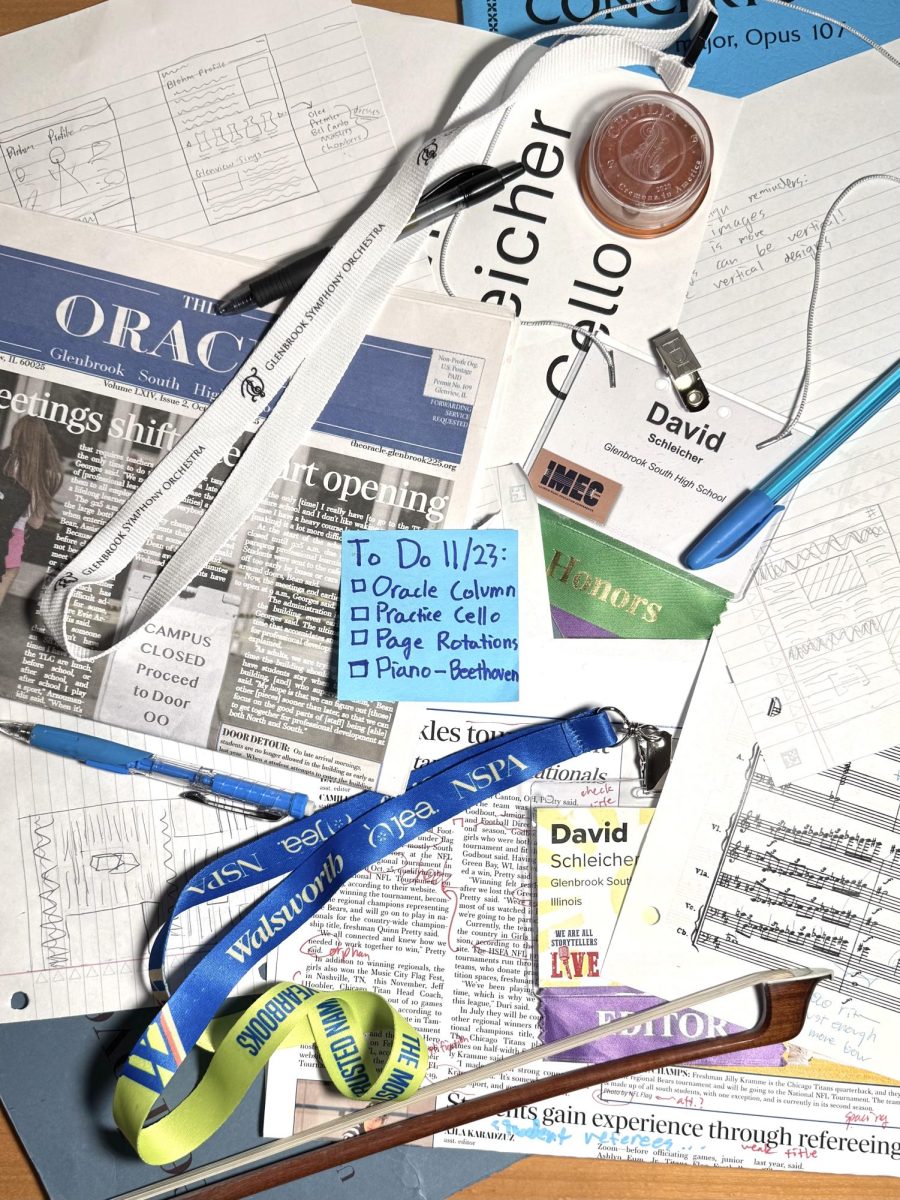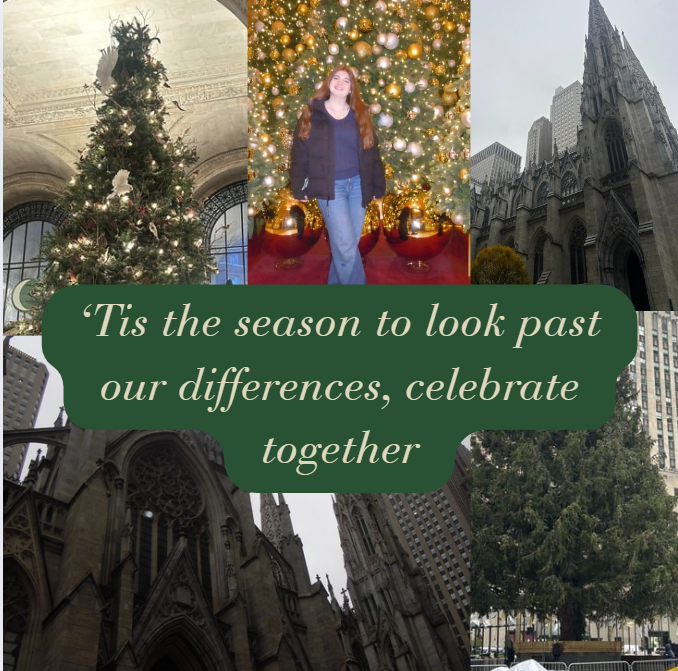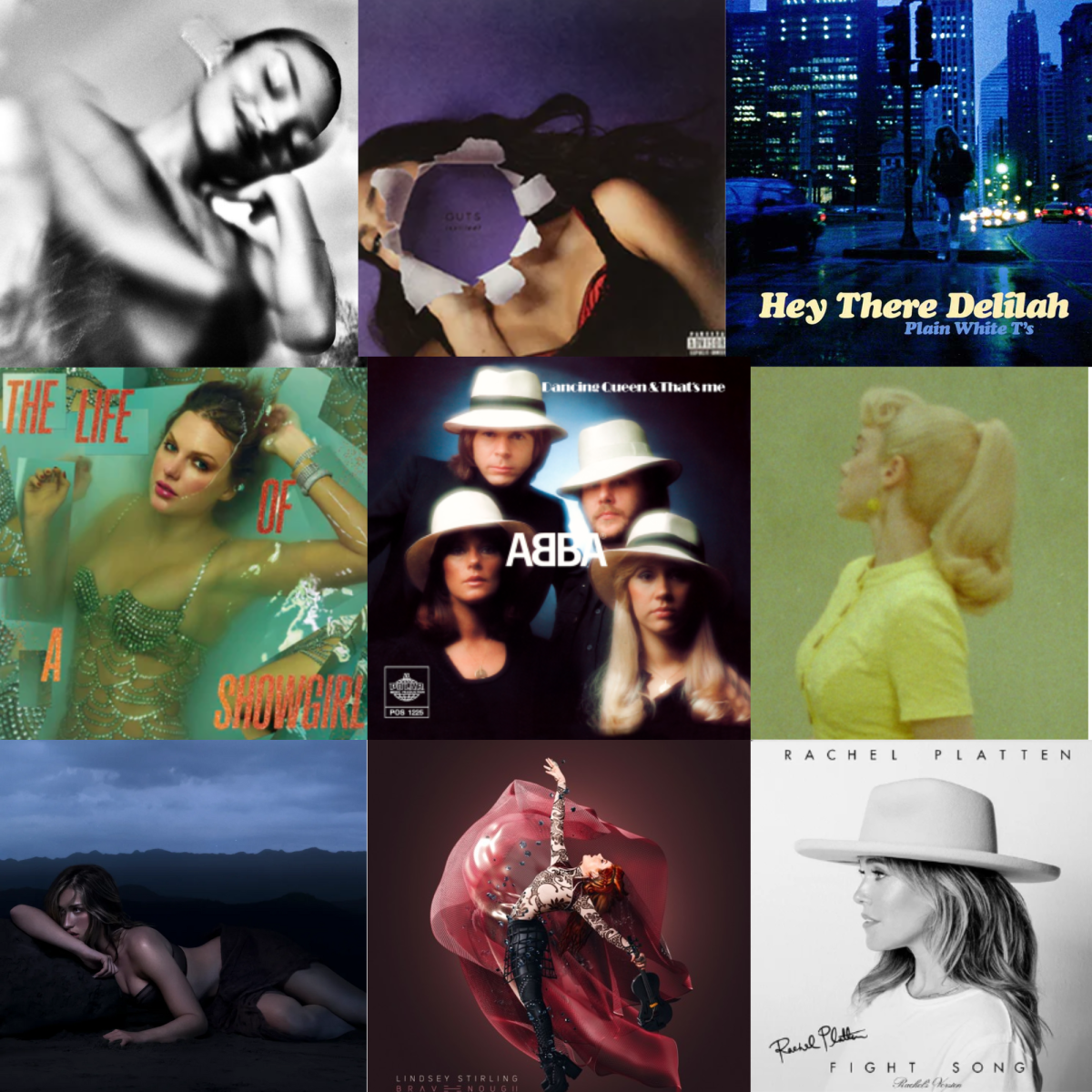Every time I open up my phone, my social media feeds are filled with influencers.
These influencers are shoving products down my throat. They say things like, “Run! Don’t walk, you need to buy this!” While they speak with an overly high-pitched tone and hold this month’s new trendy water bottle, scrolling through Instagram or TikTok is no longer fun for me.
What most people don’t realize is that this push to acquire more is harming our lives significantly. More clothes, more technology, more skincare, the list goes on.
In exchange, we are promised that happiness lies in material things, but the reality is far different. Overconsumption comes with serious consequences: environmental destruction, emotional issues, and more especially in the age of social media.
The environmental impact of overconsumption is undeniable. According to earth.org, an environmental news source, According to The U.S. Environmental Protection Agency, we produce 292.4 million tons of trash a year. That is about 4.9 pounds per person. To put that into perspective, that’s around 30 clothing items for each person. Industries like fast fashion and technology encourage us to buy and discard at a fast pace, harming our natural resources and contributing to pollution.
Overconsumption is a machine fed in part by social media.
I understand the feeling of wanting to keep up with trends, but this type of consumption is overzealous. I’m not going to pretend like I haven’t indulged in unnecessary purchases, but this over-the-top spending has got to end. Most influencers who promote products aren’t even really interested in them–they are just trying to make a quick buck. So don’t lose out and waste your money.
Platforms like Instagram, TikTok, and Snapchat constantly show us images of people living seemingly perfect lives, surrounded by luxury goods. This creates pressure for us to keep up, leading us to compare ourselves to others and feel inadequate if we don’t measure up. The more we see others showcasing their possessions, the more we feel the need to acquire similar things to “fit in.”
Instead of constantly chasing after more possessions, we can focus on mindful consumption.
By being intentional about what we buy, prioritizing quality over quantity, and finding joy in non-material things, we can break free from the cycle of overconsumption. In a world where social media often amplifies the desire for more, it’s important to remember that true happiness comes from who we are, not what we own.


